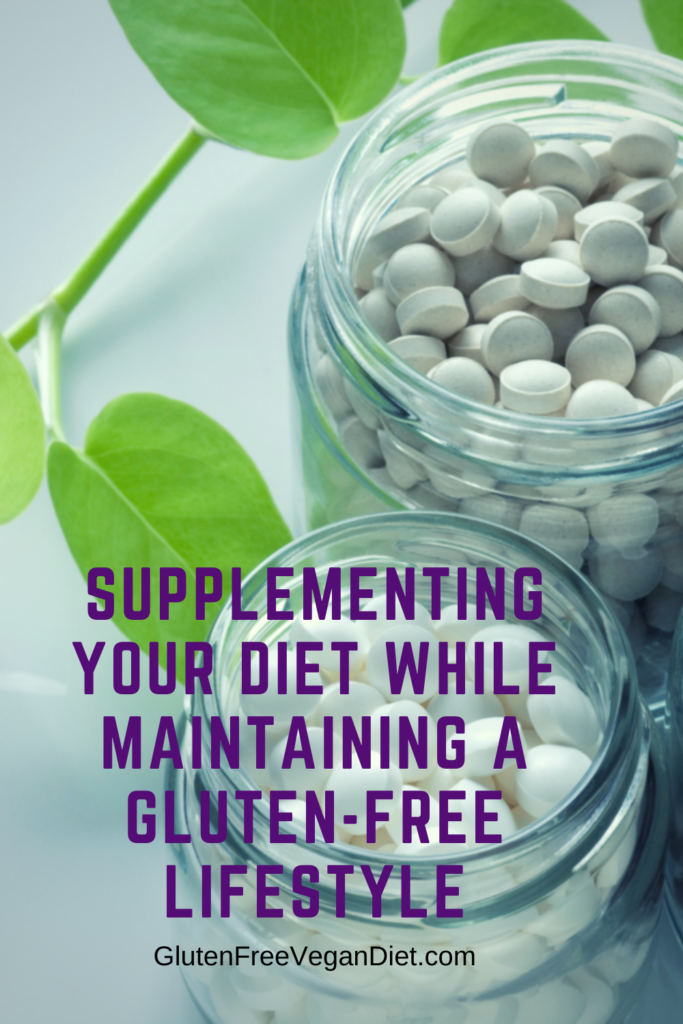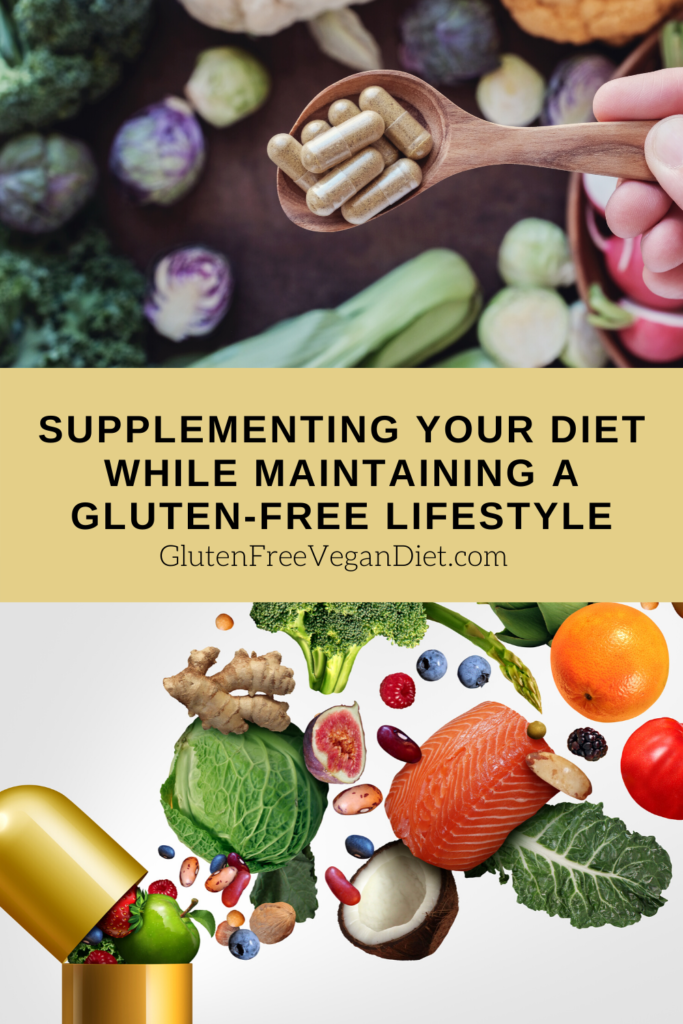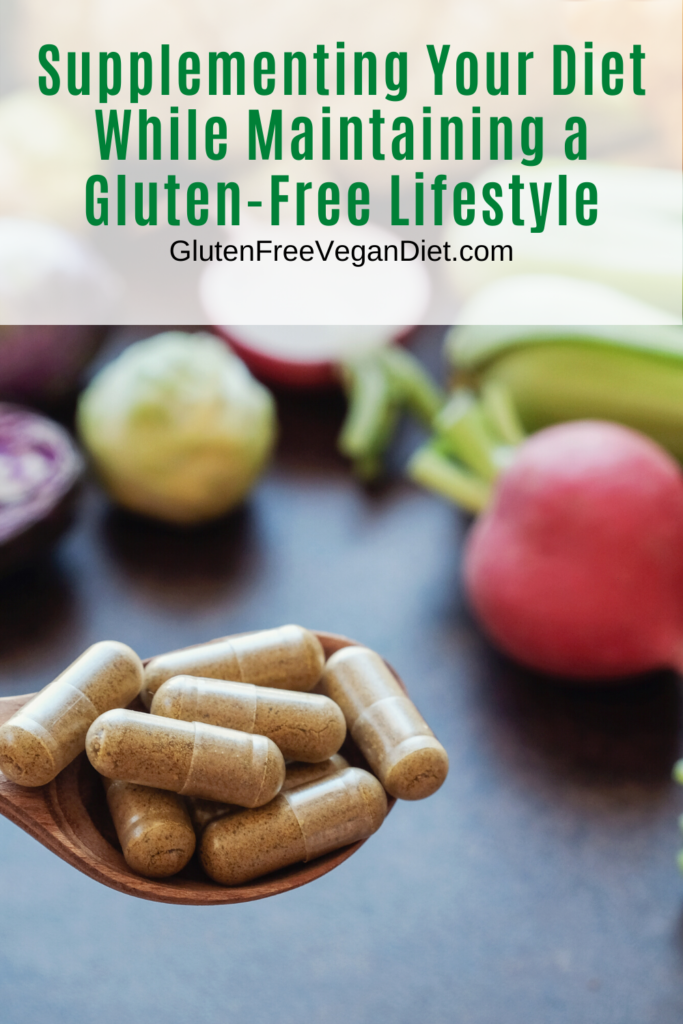The gluten-free lifestyle is not easy and comes with a lot of effort and many challenges. Nutrient deficiencies might be one of those challenges that is always looming over the horizon when you must eat gluten-free diet. This seems to be especially true when a person first gets started with this new way of eating. .
A very common tendency on this diet is to avoid a lot of foods that contain gluten which means increase possibility of missing nutrients. While eliminating the things you can not eat is a great approach, you must consider the vitamins and nutrients you were getting from the variety of foods you just cut from your diet.
Having a working knowledge of nutrition is helpful, and might be critical, when you’re on any diet, and especially true when you start eliminating food groups while on a gluten-free diet. The very nature of this diet means that you are probably cutting out a LOT of foods you are accustomed to. For the average person, it could be a complete overhaul of your diet.

The following are just some things to consider when following a gluten-free lifestyle and should help you know if supplementing is to be considered.
- Preventing nutrient deficiencies
One way to manage the side effects of living on a gluten-free diet is to supplement the foods you do eat in order to get the required nutrients. Ideally, you should study and get to know the various foods you eat and understand what nutrients they contain and what nutrients you still need.
For example, a cup of broccoli contains fiber, potassium, magnesium, zinc, iron, vitamins B1, B2, B3, B6, etc.
Just knowing tells you that by consuming broccoli a few times a week with your meals you can rest assured you’ll likely have adequate amounts of these micronutrients
Vegetables and fruit contain a ton of beneficial nutrients and they are quickly used by the body. Remember, getting your vitamins and nutrients from nutritious, wholesome foods is always better than getting them from a pill or tablet, but sadly today’s food is not always as nutritious as needed. This is where supplements come in. - Best time to take supplements
Even though you eat lots of fresh fruits and veggies, there are times that supplements are needed. Believe it or not, there are some instances when it’s best to get your vitamin from a supplement. One example would be vitamin C. Your body is unable to store vitamin C so taking a daily dose of vitamin C in one form or another helps you get the optimal daily dosage your body needs.
If you tried to get the daily dose of Vitamin C you really need, you’d need to eat a ton of oranges to get the same amount a supplement provides. So, obviously, it’s easier to consume the supplement.
This works the same for fish oil capsules, garlic oil pills, etc. For obvious reasons, it’s preferable to get the nutrients you need from the supplement (1 or 2 of them) rather than eating unbelievably large amounts of raw foods or veggies.

The following is a list of some of the most common nutrients to keep an eye on when you are on a gluten-free diet:
- Calcium
- Folate
- Iron
- Niacin
- Riboflavin
- Thiamin
- Vitamin B12
- Vitamin B6
- Vitamin D
Typically, these are the ingredients that you see on most bread labels. Obviously, if you are cutting out food that contain wheat, bread is usually the first to go unless you decide to find a gluten-free alternative.
Before deciding to go on a gluten-free diet, it is recommended you speak to your doctor to see if it’s really necessary. The common opinion is that you really don’t need to put yourself through the challenge of this diet unless you’re gluten intolerant or suffering from celiac disease. People with this issue have no choice.
It’s pointless to avoid gluten if your body had no issue with it. If you are thinking it’s a way to lose weight, we’d like to recommend you just limit your portions, or start with less sugar etc.
This might be a hot topic, and can easily be debated so we recommend you get a professional medical opinion on it and see if you really will benefit from it.

We hope you’ve enjoyed this article, leave us a comment if you did. You can also contact us directly with questions as well.

